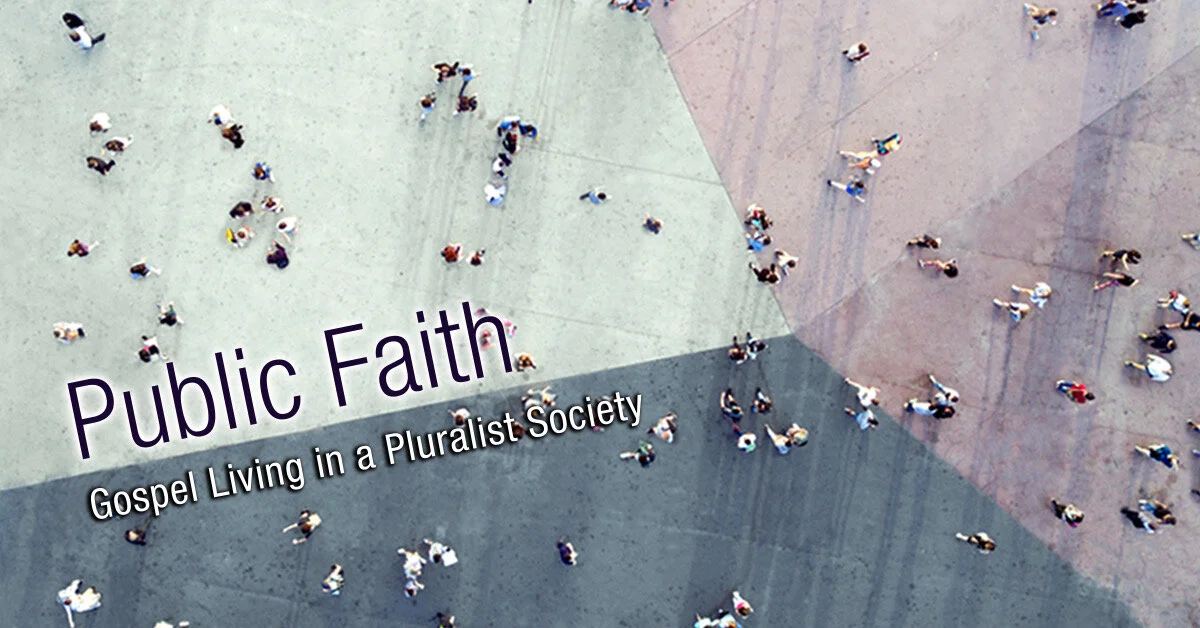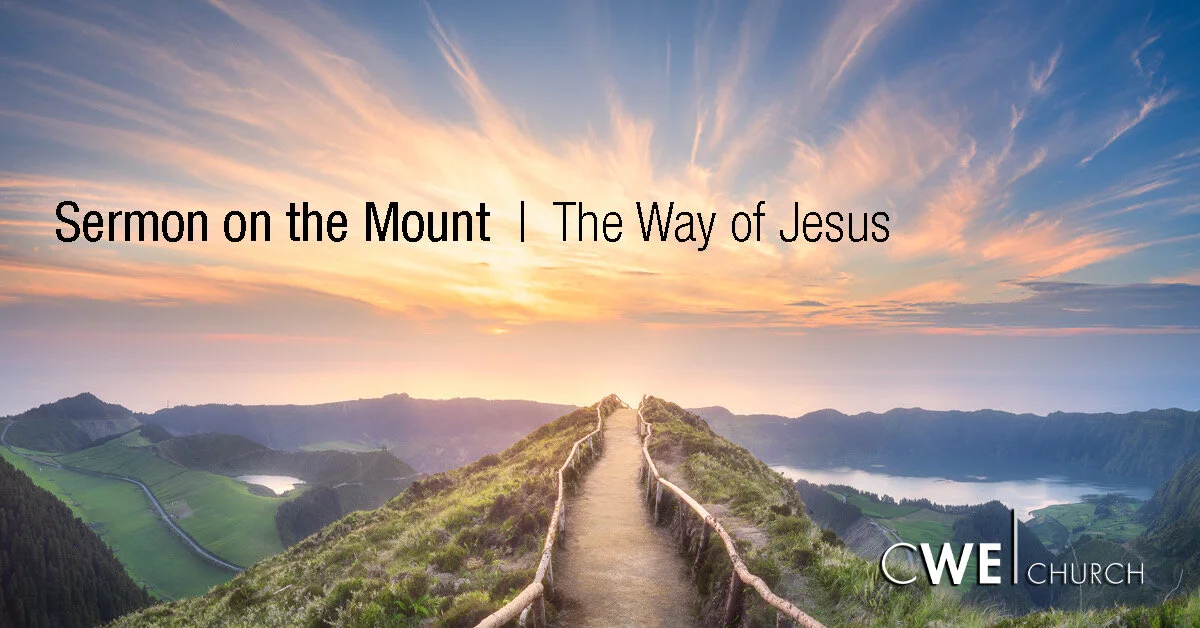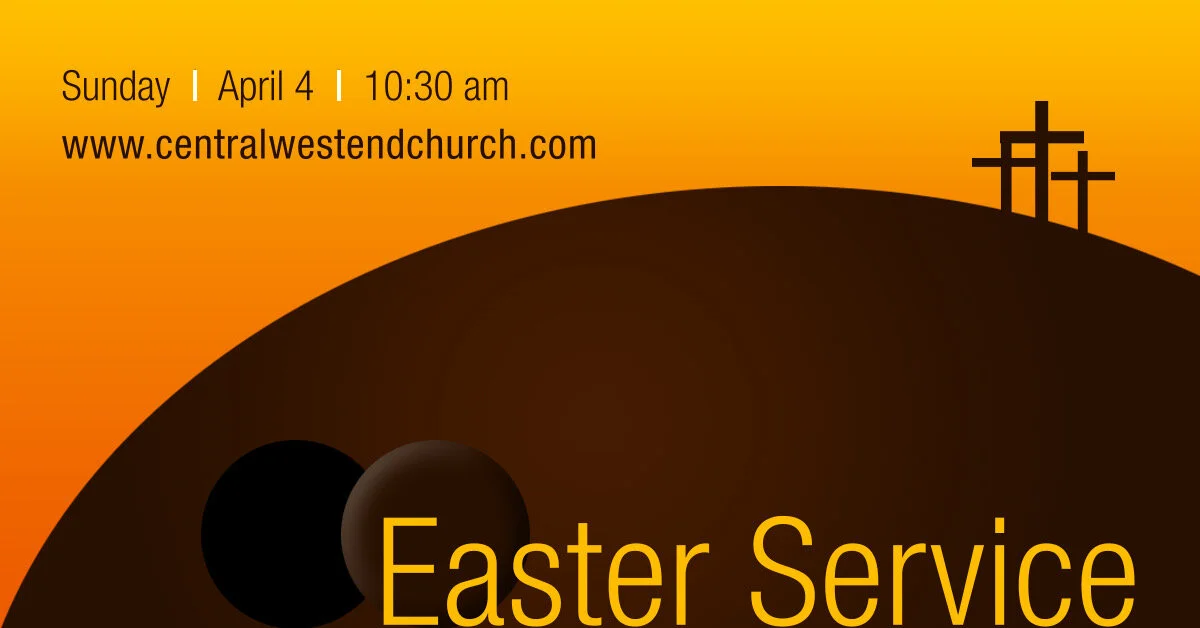How do you makes sense of Jesus and the gospel to a world in which Christianity is meaningless, or even seen as harmful and destructive? Jesus' encounter with the woman at the well has a lot to show us about that.
We have no problem publicly advocating for our convictions about many things (e.g. politics) because we believe they address ultimate questions about the wellbeing of the whole world. What if the gospel, rightly understood, has more to say to those questions than anything else?
In this passage, Jesus has a lot to show us about reparations, and how we might think about this controversial subject.
In Matthew 25, Jesus says he's the King before whom every human will one day give an account of their life. What is the basis of his assessment of our lives? What is his desire for us? This passage shows us.
How should Christians think about and navigate all the competing ideologies and theories about justice? And especially, how can we do so in a way that leads not to division, but to greater peace and justice in the world?
What is the relationship between justice and faith? Many feel that faith should be kept private, while justice is public. But what if living a life of justice not only allows for faith to be a part of it, what if real justice requires it?
It's common to think of Christianity as a form of cultural imperialism: turning everyone into mindless clones. But what if the gospel is the one thing that can affirm and honor all cultures, yet unite them in a common story that bring true justice and peace to the world?
It’s common to think Jesus divides the world into the immoral, irreligious people and the good, moral, religious people. But what if that’s not the distinction he makes? Even more, what if the road he advocates is the only road that can truly lead us to the things we desire so passionately (freedom, authenticity)?
What is the good life and what does it mean to be a good person? The verse we know as the Golden Rule (“do unto others…”) is dependent on what Jesus talks about right before that: our relationship with God. In this passage, Jesus shows us how those things are connected.
Our lives are full of longings for something we feel is missing from ordinary experience. What would it look like to find that? What would it look like to help others find it as well? Jesus’s perplexing statement about pearls and pigs shows us.
The Meaning: to judge means to put people into categories.
The Problem: Sin has hurt us all, and pain distorts our perception, so that now we all have the tendency to put other people into categories that we would not put ourselves into. Jesus says that sin makes us all hypocrites.
The Warning: Jesus warns us that because we all have the same problem we WILL be put into the same categories as we put others into.
The Cure: Jesus has taken the judgement we deserve so that now we can face our own hypocrisy. And when we do, it allows Him to heal us. And to the degree that we are healed is the degree to which He transforms us from Hurting Hypocrites into Holy Healers, from a community of condemnation to a community of reconciliation.
Jesus talked constantly about “the kingdom of God.” But what is it? Last week, we look at what this passage shows us about how we get changed. This week, we look at what Jesus shows us about how the world gets changed. It’s all wrapped up in this idea of “the kingdom.”
In this passage, Jesus charts a path for life transformation and world transformation. Over the next two weeks, we’ll look at both. This week, Jesus shows us how we experience personal transformation.
No one disagrees with the notion that greed is a problem. The problem is that no one thinks greed is their problem. However, Jesus presents a very different view. Through three pictures, Jesus shows us the nature of greed that lures every human heart and points us to a better way: the way of generosity that leads to spiritual transformation.
When our desire for a better world is constantly frustrated by the injustices and cruelties of this world, the result is often despair. But the resurrected Jesus leads people from defeat, darkness, and despair to truth, light and joy.
By ending the Lord’s Prayer with the word “evil,” Jesus is saying that true spirituality is constantly aware of the reality of evil, and constantly praying about it. In the last verse, Jesus shows us how to walk through the minefield of evil in the world and not just survive, but thrive.
Forgiveness is a difficult topic for all of us, afterall it's not our default setting. In the Lord's prayer Jesus shows us how our struggle to forgive is connected to the forgiveness of God. As we see the fullness of God's forgiveness to us, we are enabled to trust God enough to forgive those who sin against us.
Jesus affirms our physical needs and instructs us to pray for them. But our physical needs are also connected to a much deeper need we often won’t reach out for unless every other option is taken off the table.
Throughout history, we’ve experienced a tension between longing for a world beyond this world, and longing for the healing of this world. In teaching us to pray “your kingdom come,” Jesus shows us that those two things don’t have to be in tension with each other.





















